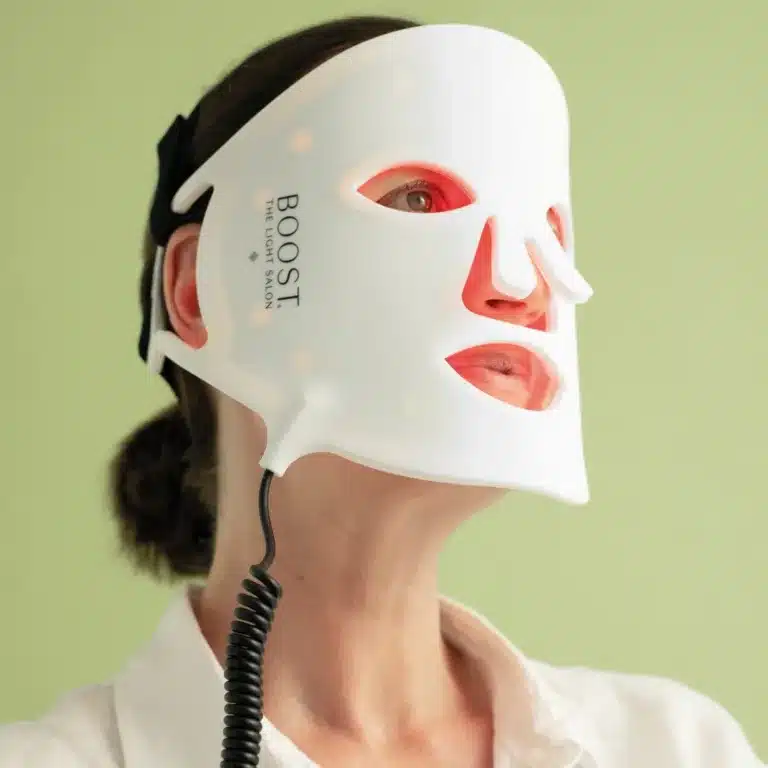Overwhelmed by the lingo of skincare? From Vitamin A to Retinoids: discover the hottest skincare ingredients loved by the experts and learn how to use them
Compiled by Joy Montgomery
ALPHA HYDROXY ACIDS
E.g. Lactic Acid, Glycolic Acid
WHAT ARE THEY?These acids are commonly found in medical strength cleansers and work on the surface of the skin as a chemical exfoliator – Dr Jonquille Chantrey, Cosmetic Surgeon and Skin Expert
WHAT DO THEY DO?
They gently peel away the dead top layer of skin cells that are stuck together and make the skin appear dull. They are good for brightening skin and, with regular use, can soften fine lines and sometimes even reduce superficial pigmentation – Dr Jonquille Chantrey
BETA HYDROXY ACIDS
E.g. Salicylic Acid
WHAT DOES IT DO?Salicylic Acid is the most frequently used in skincare. It sloughs the surface layer of the skin through chemical exfoliation but also has useful anti-inflammatory properties – Dr Jonquille Chantrey
WHO WOULD IT BENEFIT?
This is excellent for acne prone patients or even those that just suffer from hormonal breakouts, whilst encouraging smooth skin. It is normally formulated in toners or pads that are used on dry skin after cleansing – Dr Jonquille Chantrey
VITAMIC C
E.g. Ascorbic Acid
WHAT IS IT?
This is a well known anti-oxidant that has powerful properties to reduce free radicals from pollution, smoking and the sun. These free radicals can damage DNA in skin cells. Vitamin C is an acid that needs to be stabilized in order to be active topically on the skin – Dr Jonquille Chantrey
Vitamin C plays a vital role in maintaining the health of the skin, as it is key for production of collagen, it helps create scar tissue and helps your skin repair itself. You will find vitamin C in both serums and creams. Serums are more powerful as they are more concentrated – Tania Zahoor, co-founder of Aesthetics Lab
WHAT DOES IT DO?
It can not only prevent but also treat pigmentation, creating a brighter complexion. Look our for it in skin serums – the best ones will have it as a stand alone serum – Dr Jonquille Chantrey
Vitamin C serum should be used daily in the morning for brightening as well as to safeguard the skin from the free radicals and slowing down the ageing process. Anyone who suffered from pigmentation, age spots or sun damage should use a vitamin C serum – Tania ZahoorHYALURONIC ACID
WHAT IS IT?
Hyaluronic Acid is naturally found in skin and has been found to encourage collagen formation. It has strong water attracting and water binding properties that directly hydrate skin causing it to appear plumper – Dr Jonquille Chantrey
Hyaluronic acid is a carbohydrate that occurs naturally in the human body and is responsible for the skin looking young and plump, as it holds in moisture, aids tissue repair and holds together collagen and elastin. Its production decreases with age, hence the loss of volume and appearance of lines and wrinkles – Tania Zahoor
WHAT DOES IT DO?
Skincare may contain this, leading to a slightly plumper outer skin layer, but it needs to be directly injected into the skin to have an effect. Patients seeking to have a more radiant, hydrated skin should find a reputable doctor that is experienced in hyaluronic acid skin injections such as Juvederm Volite – Dr Jonquille Chantrey
Preserving and regaining HA is the number one goal of various skincare products. HA serums and creams are a must for anyone above the age of 18, as that’s when the production of HA starts to decrease in our bodies – Tania Zahoor
RETINOIDS
E.g. Retinoic Acid, Retinol
WHAT IS IT?
Retinoids are derivatives of Vitamin A and can be used topically for various skin indications. Over the counter, Retinol may be found in small doses in skin creams – Dr Jonquille Chantrey
WHAT DOES IT DO?
In prescription strength skincare, Retinol is a powerful anti-ageing agent, it speeds up cell turnover and stimulates new cell formation. This leads to a smoother skin surface with fewer fine lines. Retinoic Acid treatment cream needs to be prescribed by a doctor and helps prevent the clogging of pores by accelerating skin cell exfoliation. It reduces pigmentation and acne but also has profound anti-ageing benefits – Dr Jonquille Chantrey
Retinol prescription creams and pills are widely used to treat severe acne. Retinol is also used in various anti-ageing products as its molecular structure is very small and allows it to get into the lower layers of skin, where it finds collagen and elastin. Retinol is proven to improve pigmentation, fine lines and wrinkles, skin texture, skin tone and colour as well as your skin’s hydration levels – Tania Zahoor
WHO SHOULD USE IT?
Products with retinol should be used by anyone over the age of 30 to delay signs of ageing, and anyone with acne prone skin – Tania Zahoor
VITAMIN E
WHAT IS IT?
Vitamin E is a fat-soluble antioxidant that is predominantly found in green leafy vegetables, nuts and seeds, seafood, and fruits – Tania Zahoor
WHAT DOES IT DO?
In skincare vitamin E is used to prevent photo-ageing as it can absorb the energy from UV light. It is also known to have anti-inflammatory properties and thus is good to be used on acne prone skin or rosacea. You will most commonly find vitamin E in anti-ageing creams and serums, as it helps retain moisture and softens the skin. When applied topically, vitamin E is quickly absorbed into the skin and works on repairing skin damage, helping new skin cell regeneration, and moisturising the skin.
WHO SHOULD USE IT?
Skincare with vitamin E should be part of your anti-ageing routine, start using it from the age of 25 to prevent signs of ageing – Tania Zahoor







